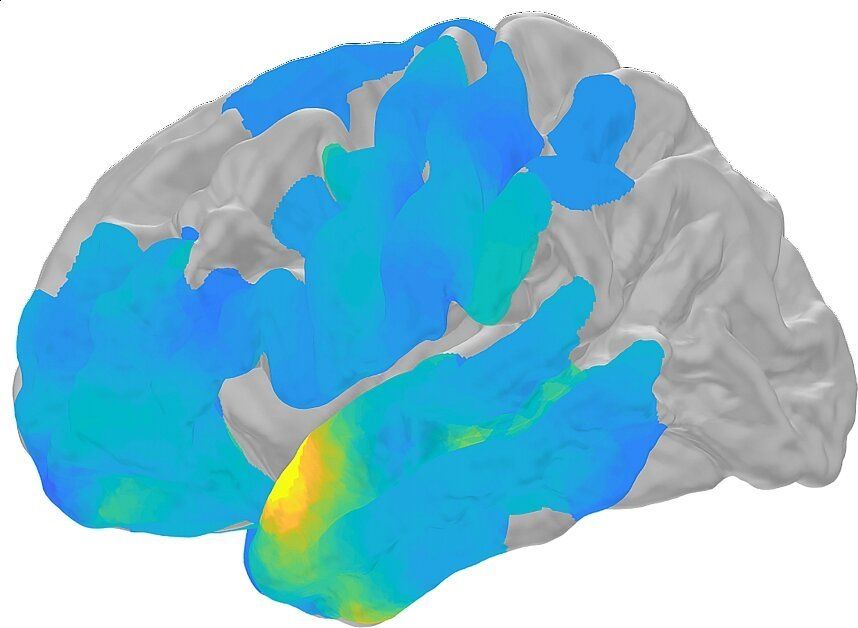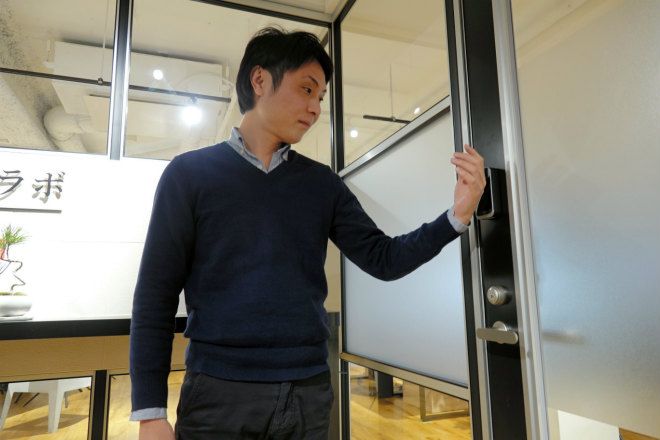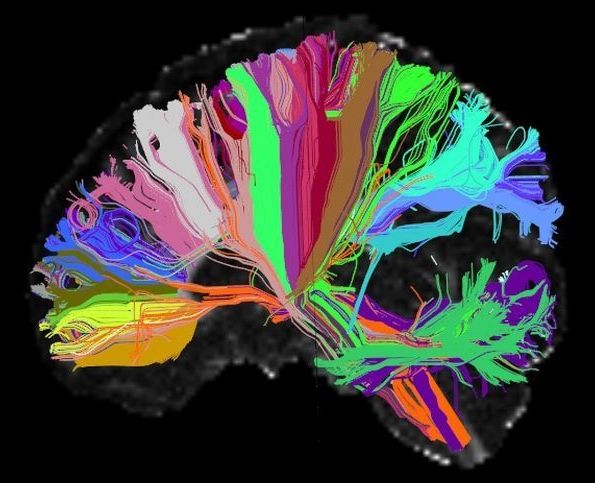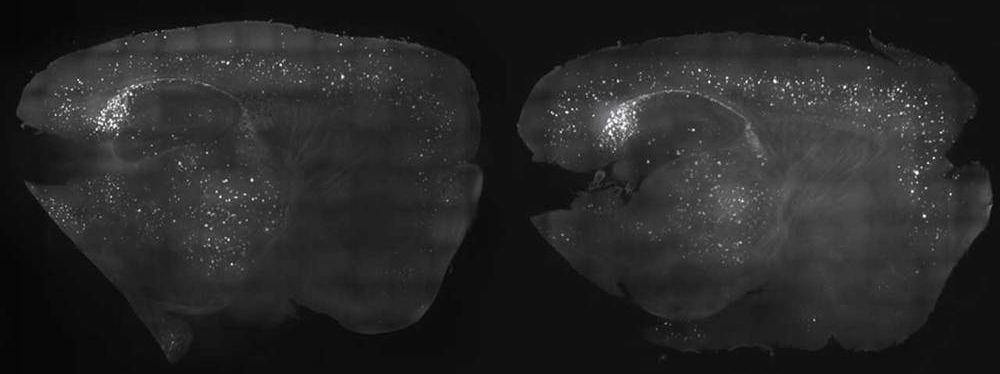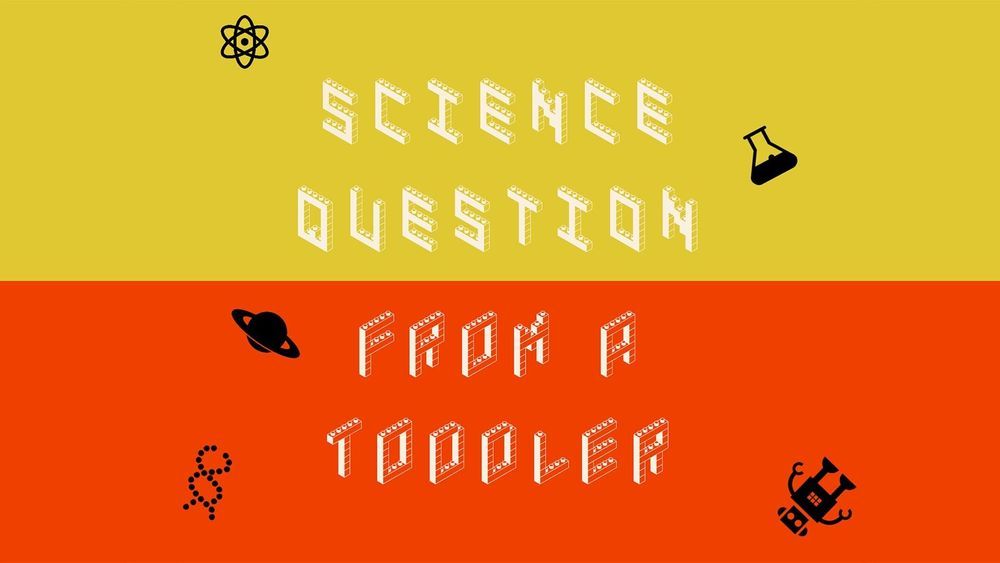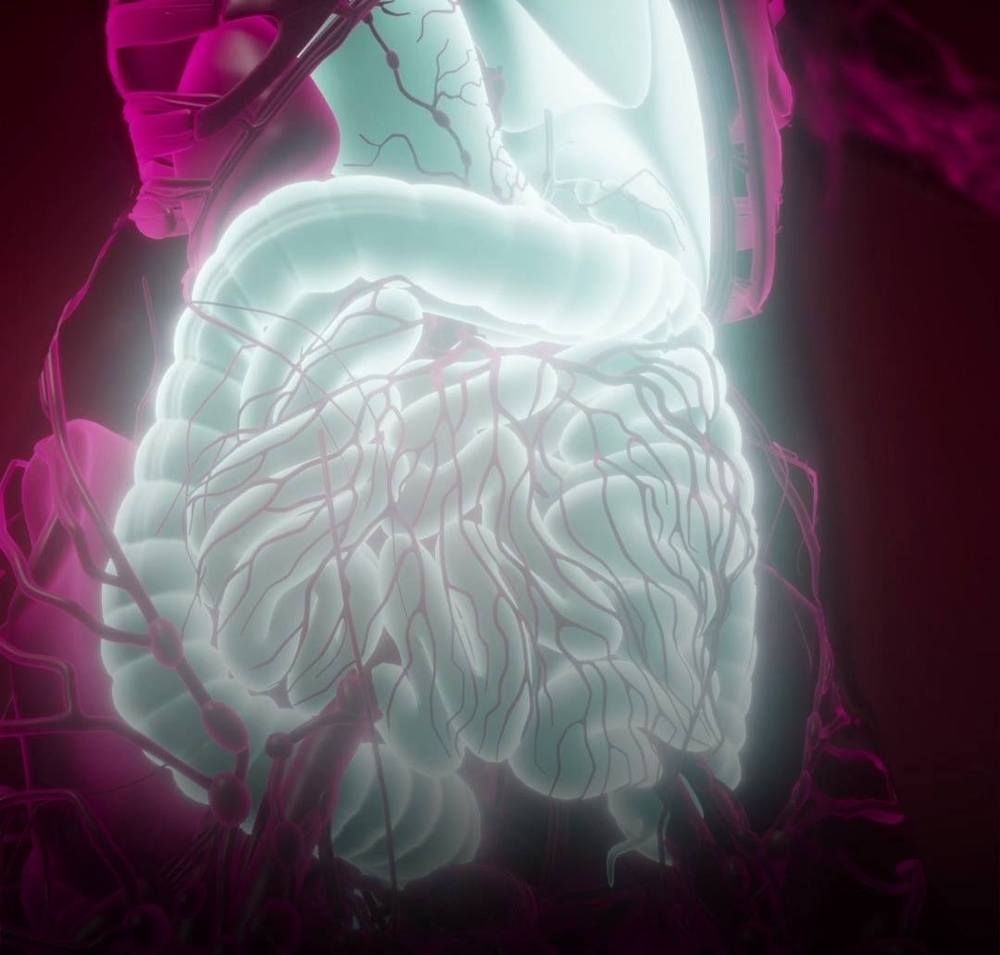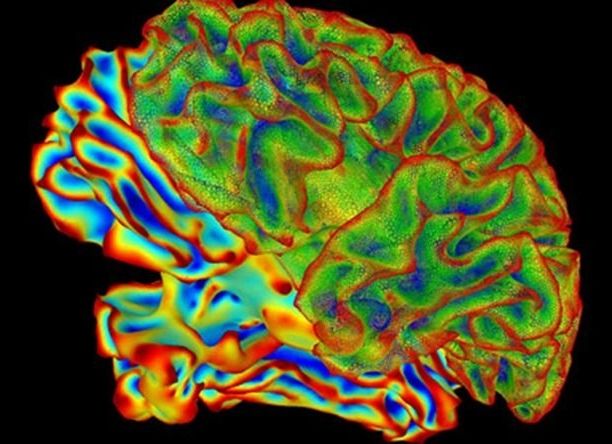Mar 18, 2019
Our brains may ripple before remembering
Posted by Xavier Rosseel in categories: biotech/medical, health, neuroscience
As many labs have established, Dr. Zaghloul’s team knew that our episodic memories are controlled by neurons in at least two different parts of the brain, but they did not know exactly how the cells worked together to retrieve memories. Based on a growing of body of evidence, they suspected that the short, high frequency electrical waves seen in ripples may somehow be involved. For instance, two earlier patient studies suggested that ripples may be important for solidifying memories during sleep.
A sound, a smell, a word can all flood our minds with memories of past experiences. In a study of epilepsy patients, researchers at the National Institutes of Health found that split seconds before we recall these events tiny electrical waves, called ripples, may flow through key parts of our brains that help store our memories, setting the stage for successful retrieval.
“We showed for the first time that ripples may be the neural substrates through which the human brain successfully recalls memories,” said Kareem Zaghloul, M.D., Ph.D., a neurosurgeon-researcher at the NIH’s National Institute of Neurological Disorders and Stroke (NINDS) and senior author of the study published in Science. “These results help us understand how the brain processes the details of our past waking experiences or episodic memories.”
Continue reading “Our brains may ripple before remembering” »
